ABO blood grouping reagents are essential tools used in clinical laboratories, blood banks, and medical diagnostics to determine an individual’s blood type accurately. These reagents help identify the presence or absence of specific antigens on the surface of red blood cells (RBCs), which is crucial for safe blood transfusions, organ transplants, and disease management.
Anti-A Reagent
The Anti-A reagent is a specialized antibody that reacts with A antigens on the surface of red blood cells. When mixed with a blood sample containing A antigens, agglutination (clumping) occurs, indicating that the sample belongs to blood groups A or AB. If no reaction is observed, the blood type is likely B or O.
Anti-B Reagent
The Anti-B reagent is used to detect the presence of B antigens on red blood cells. When added to a blood sample containing B antigens, visible agglutination confirms that the sample is either blood group B or AB. If no reaction is observed, the blood type is likely A or O.
Anti-D Reagent (Rh Factor Detection)
The Anti-D reagent is used to determine Rh (Rhesus) factor status by identifying the presence of the D antigen. If agglutination occurs after mixing the reagent with a blood sample, the individual is Rh-positive (Rh+). If no reaction is observed, the person is Rh-negative (Rh−). Determining Rh status is critical for preventing hemolytic disease of the newborn (HDN) and ensuring compatibility in blood transfusions.
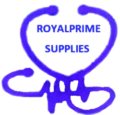
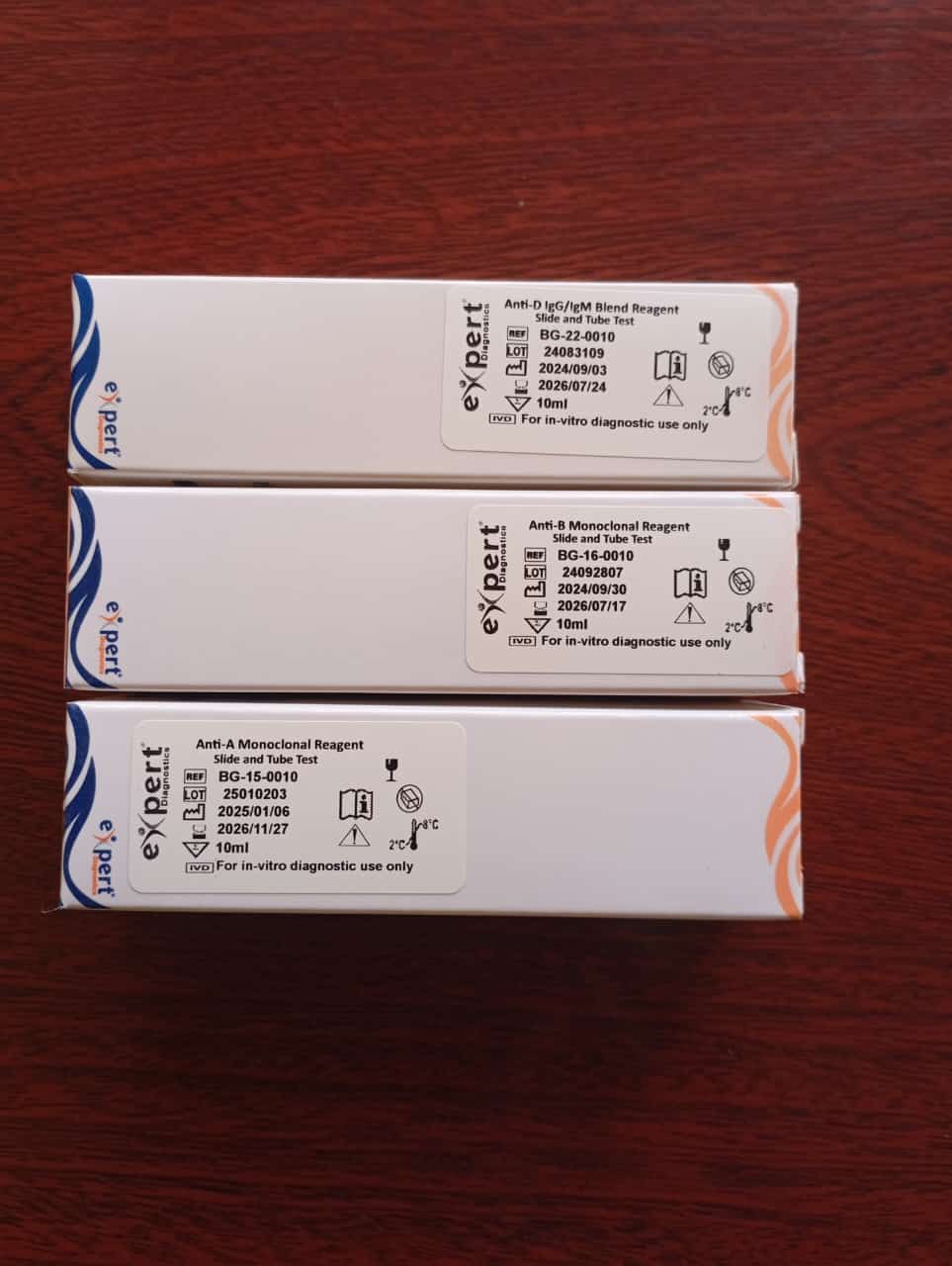
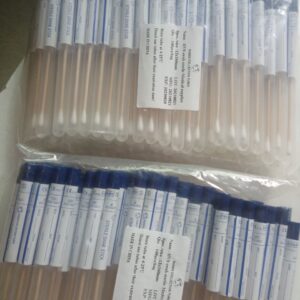
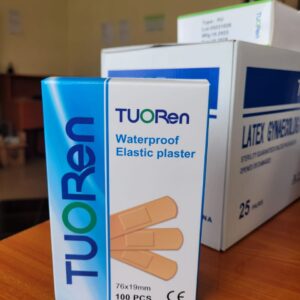
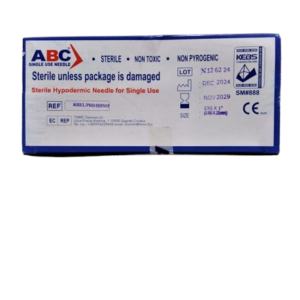
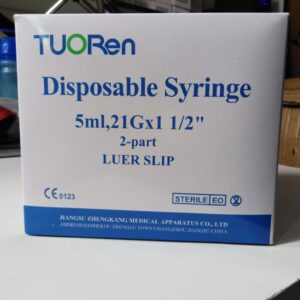
Reviews
There are no reviews yet.